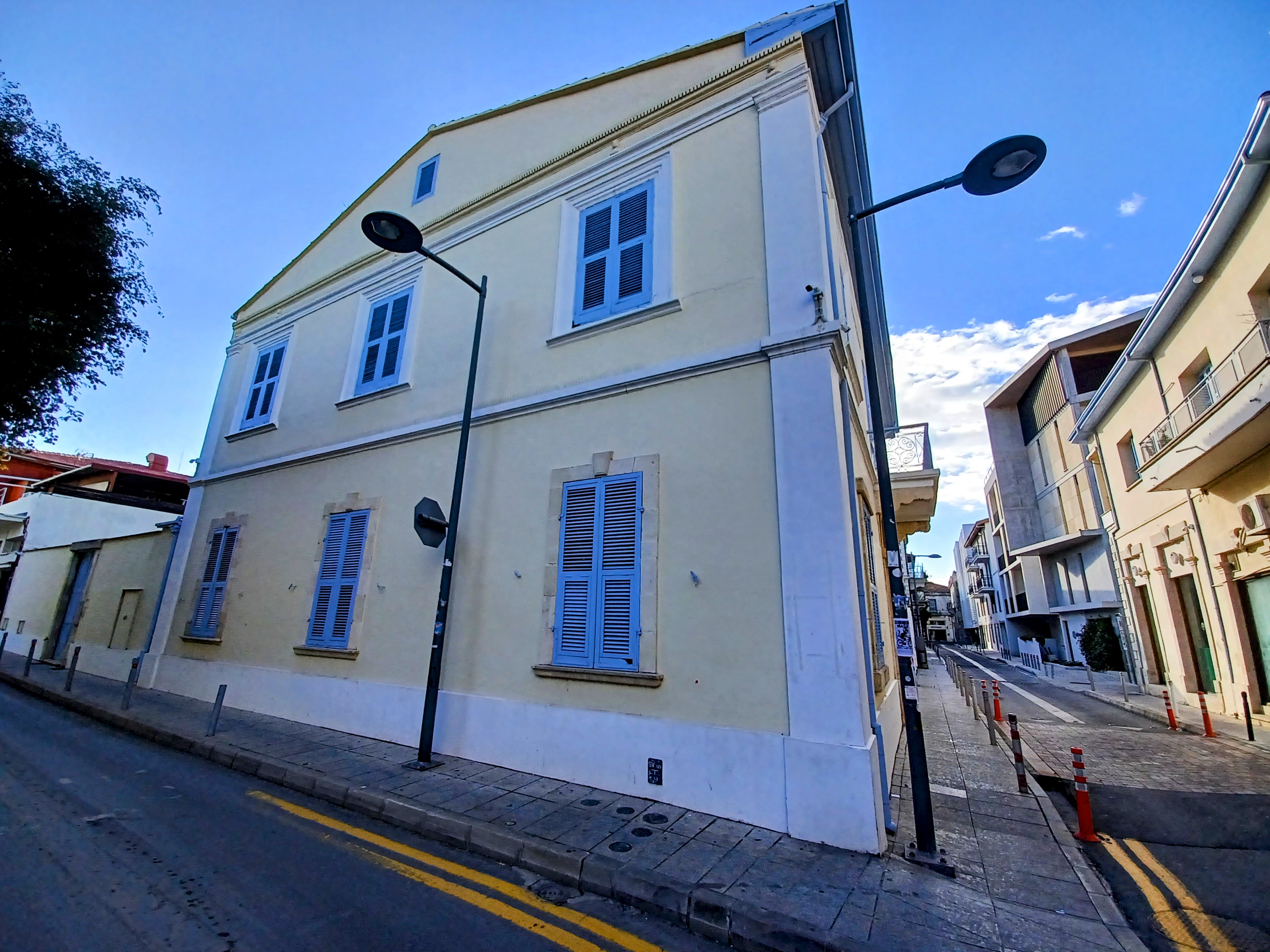Limassol is entering the most demanding phase of its European Capital of Culture 2030 campaign, with a clear focus on delivering an ambitious yet realistic programme, according to Andreas Pittas, chairman of the board of the Limassol 2030 organisation.
He said the organisation is investing in extroversion, pluralism and inclusiveness, with an emphasis on linking culture to citizens’ daily lives.
The aim, he added, is to create initiatives that will engage every resident, foster a strong sense of belonging, and unite communities across different generations, backgrounds and cultures.
According to him, partnerships with cultural bodies, local authorities, academic institutions and the private sector are at the heart of the effort.
“Everything we do is built on the belief that Limassol not only can, but deserves to win this title,” he said.
He described the city as a living organism that evolves, assimilates, creates and leads.
In Limassol, he said, modern entrepreneurship meets cultural identity, long-standing tradition meets artistic boldness, and local character is in continuous dialogue with global cultural forces.
He noted that Limassol is not seeking shallow recognition, but works with consistency, dedication and confidence in its own strengths, always placing the common good first.
The city, he said, embraces its challenges and transforms them into opportunities.
“And above all,” he added, “it is home to people who do not settle for ‘good’ but strive methodically and persistently for excellence.”
For Pittas, the city’s spirit of cooperation, its deep sense of civic duty and commitment to collective progress form its greatest advantage.
“This is why I firmly believe Limassol deserves to become the European Capital of Culture in 2030,” he said.
“Not for the title itself, but because it has the maturity, the seriousness and the vision to meet the challenge with substance and authenticity.”
Furthermore, he added that “What it can offer Europe is a cultural experience that is both vibrant and rooted in the deepest values of our country.”
He also underlined the vital role of the private sector, saying that over time, it has proven capable of supporting culture in meaningful ways. In his view, the title Capital of Culture would bring pride but also significant responsibility.
“The title will put Limassol at the heart of Europe,” he said.
“It will boost cultural activity, attract visitors, enhance the city’s image abroad and generate opportunities for development across all sectors,” he said.
“It will strengthen Limassol’s standing as a modern, outward-looking hub of creativity and innovation,” he added.
“But most importantly, it will cultivate social cohesion, allowing citizens to feel part of a shared vision and actively take part in it.”
Still, he argued that the greater challenge lies beyond the title itself — in the legacy it leaves behind.
“Everything created by 2030 must last,” he said.
“It must become embedded in the city’s fabric — through institutions, permanent infrastructure, international partnerships and, above all, a society that sees culture as an essential part of everyday life.”
According to him, the true goal is to ensure that Limassol remains a centre of cultural production, openness and innovation well beyond 2030, for generations to come.
Pittas, who is also the founder and Executive Chairman of Medochemie, believes culture and science are deeply connected, both born of the human drive to explore, understand and create something meaningful.
In 2019, his passion for heritage, art and archaeology led to the creation of the ‘Andreas Pittas’ Art at the Cyprus Institute.
“I’ve always believed that when entrepreneurial thinking is combined with vision, discipline and long-term commitment, it can make a lasting contribution to culture,” he said.
He was recently honoured by Limassol Municipality for his long-standing support of cultural initiatives, a gesture that, he said, moved him deeply.
“When recognition comes from those who truly know your work, it fills you with gratitude. But it also brings a renewed sense of duty,” he said.
“For me, this honour is not the end of a journey, it’s a reminder to keep going. To continue giving back, with work that has impact, continuity and meaning,” he said.
“Limassol needs all of us, and I’ll keep doing everything I can, with love for this place,” Pittas concluded.






Click here to change your cookie preferences